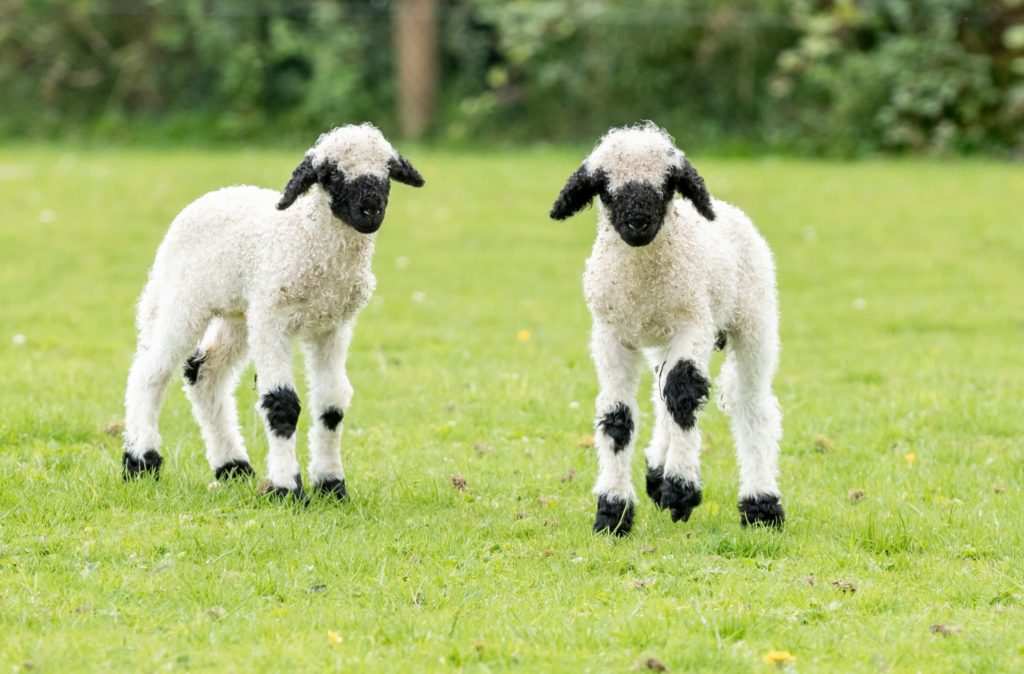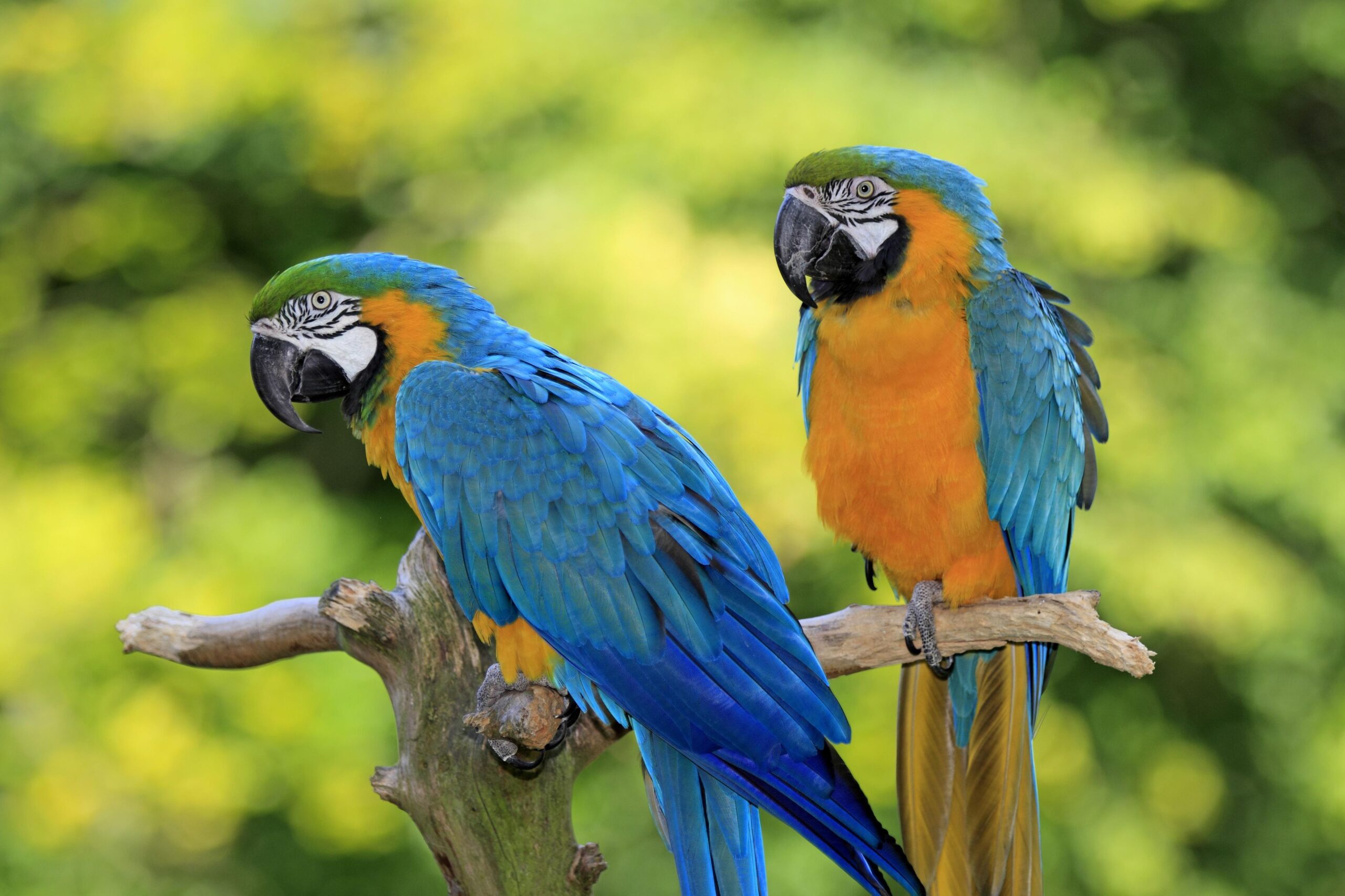Imagine strolling through picturesque meadows and being greeted by the most adorable creatures to roam the earth—sheep! Though often associated with woolly sweaters and pastoral settings, some breeds go beyond their fluffy coats and earn the title of the “cutest sheep breeds.” These adorable animals have unique histories, charming appearances, and delightful personalities that make them favorites among farmers, fiber enthusiasts, and animal lovers alike.
Whether you’re a future sheep owner, a fiber artist, or someone who just loves all things cute, this guide will introduce you to the five cutest sheep breeds. From their origin stories to their endearing traits, here’s everything you need to know about these lovable fluffballs.
Valais Blacknose Sheep
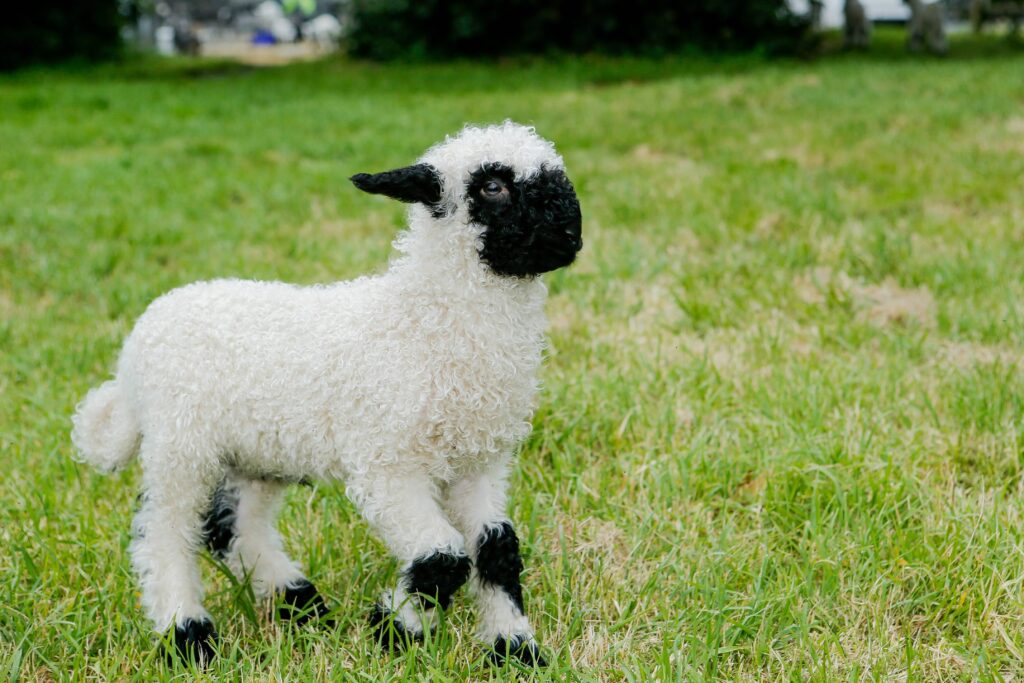
Origin and History
Dubbed the “world’s cutest sheep,” the Valais Blacknose hails from the mountainous regions of Valais, Switzerland. This breed dates back to the 15th century and was initially prized for its resilience in high-altitude pastures and its wool, which locals turned into durable fabrics to survive harsh winters.
Physical Traits
The Valais Blacknose is instantly recognizable thanks to its black face, black knees, and black hooves, which starkly contrast its bright white, curly wool. With a teddy-bear-like appearance, floppy ears, and an approachable demeanor, this sheep could easily pass as a real-life cuddle toy.
Temperament and Care
Beyond their striking looks, Valais Blacknoses are known for their friendly and docile nature, making them excellent companions for farmers and hobbyists alike. They are easy to handle, thrive in cold climates, and require regular grooming to maintain their fluffy, cloud-like fleece. If you’re considering them, plenty of grazing space and occasional supplemental feed will keep these cuties perfectly content.
Fun Fact: They’re so beloved that competitions in Switzerland are dedicated to crowning the “prettiest” Valais Blacknose sheep!
Southdown Babydoll Sheep
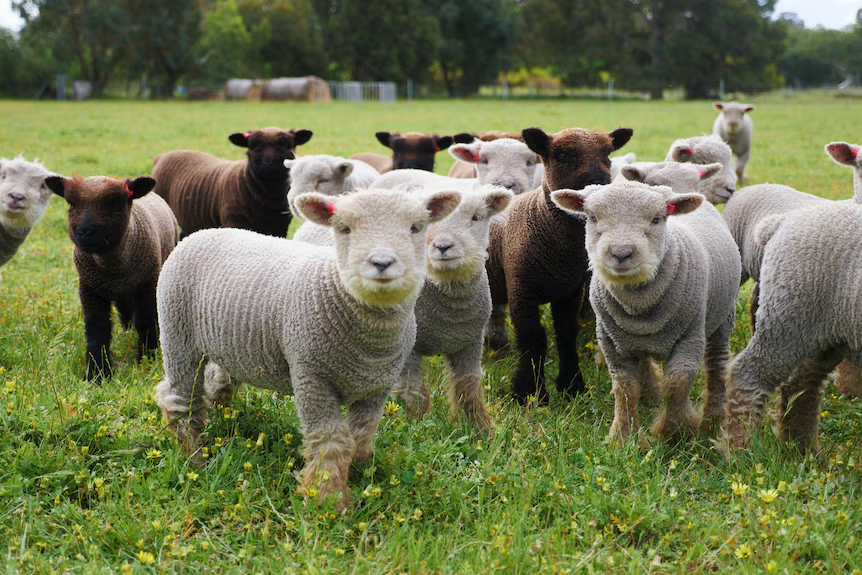
Origin and History
Southdown Babydoll sheep are descendants of the original Southdown breed, one of the oldest heritage sheep breeds from Sussex, England. The “Babydoll” moniker refers to this miniature version of their larger counterparts, revived in the 1990s by breeders passionate about preserving their unique traits.
Physical Traits
These tiny sheep are adored for their round faces, tiny stature (approximately 18–24 inches tall), and soft, well-proportioned fleece. Babydolls tend to wear a comical “smile,” which only enhances their overall charm. Their wool is dense and springy, ideal for spinners and fiber enthusiasts.
Temperament and Uses
Babydolls are gentle, affectionate, and surprisingly low-maintenance. Their compact size makes them fantastic for small farms, suburban homesteads, or as eco-friendly lawn mowers. Additionally, they’re exceptional around children and great for introducing future farmers to livestock care.
Why You’ll Love Them: Babydoll sheep fit effortlessly into small-scale farming. Plus, who can resist that perma-smile?
Jacob Sheep
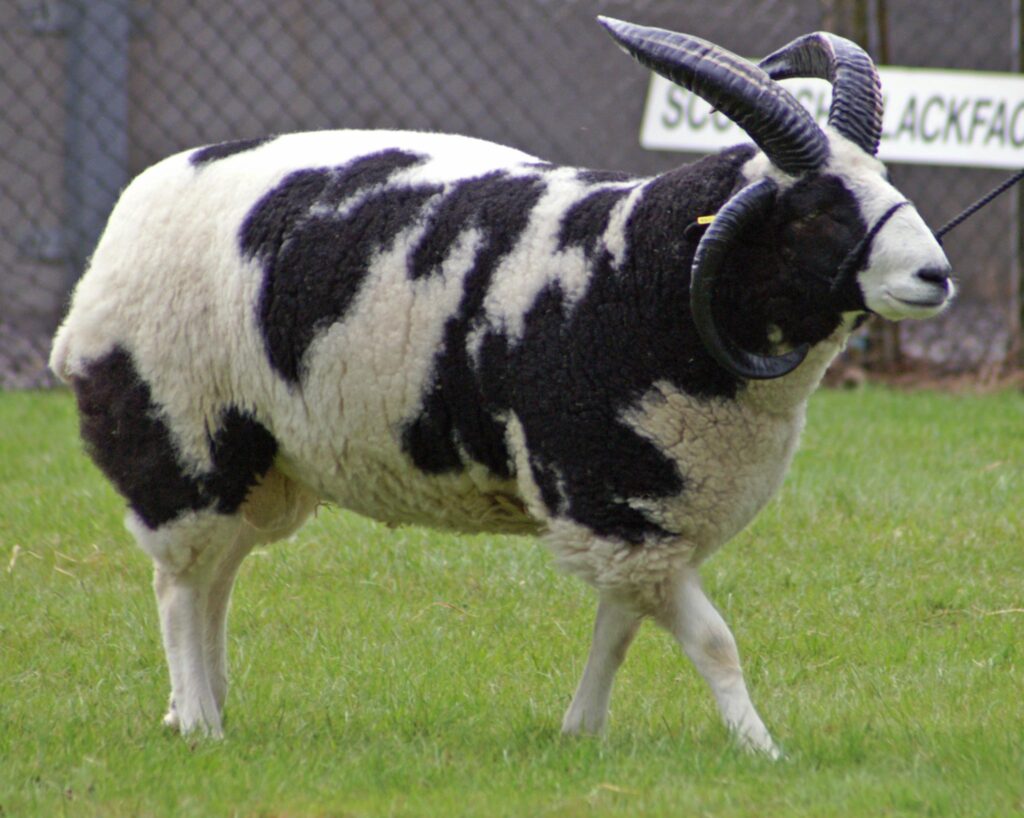
Origin and History
If you’re keen on sheep with a mythical vibe, the Jacob sheep is your dream breed. With its origins tracing back to biblical times in the Middle East, Jacob sheep were referenced as early as the Book of Genesis. They later became popular decorative flock animals for English estates.
Physical Traits
The Jacob sheep makes a bold statement, thanks to its multi-horned head (usually two or four horns) and striking black-and-white spotted fleece. Their patterned wool is a favorite for creating uniquely patterned yarn.
Temperament and Uniqueness
This unique breed isn’t just about appearances. Jacob sheep are hardy, independent, and thrive in a variety of climates. They bring an air of elegance to any flock and are also quite intelligent, displaying inquisitive and playful behavior when around humans.
Pro Tip: They’re excellent choices for fiber artists or those looking for heritage sheep.
Zwartbles Sheep
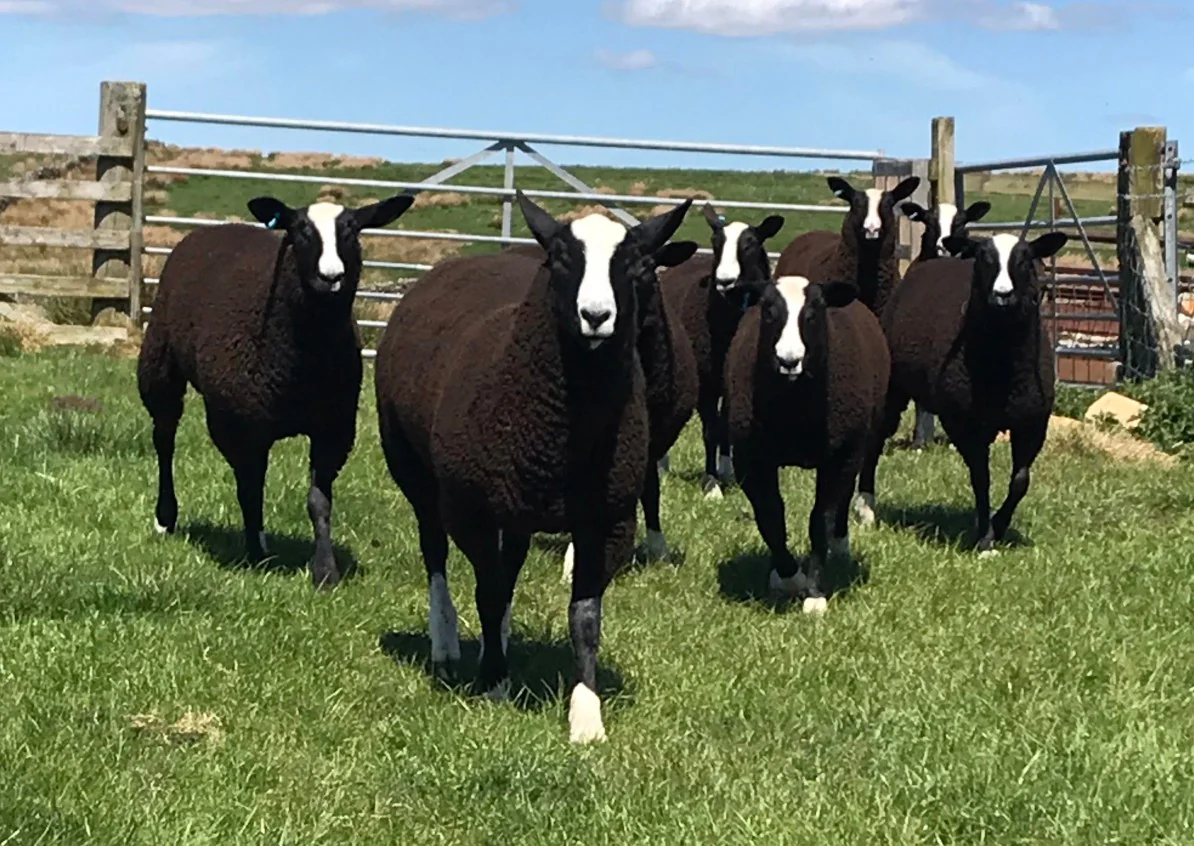
Origin and History
The Zwartbles originates from Friesland, a province in the Netherlands. While they were initially raised for meat and milk production, modern-day breeders prize them for their luxurious fleece and stunning appearance.
Physical Traits
This tall, graceful sheep features an elegant black or chocolate coat accented by a white blaze down its face, as well as white socks. Their fleece is soft and dense, making it ideal for crafting cozy textiles.
Temperament and Adaptability
Zwartbles are incredibly friendly and have a calm demeanor, which makes them easy to handle. They’re excellent mothers and often form strong bonds with their human caretakers. They’re also well-suited to various climates, making them adaptable for farms worldwide.
Why Choose Zwartbles: Their striking look, combined with their amiable personality, makes them a triple threat for farmers, spinners, and hobbyists.
Shetland Sheep
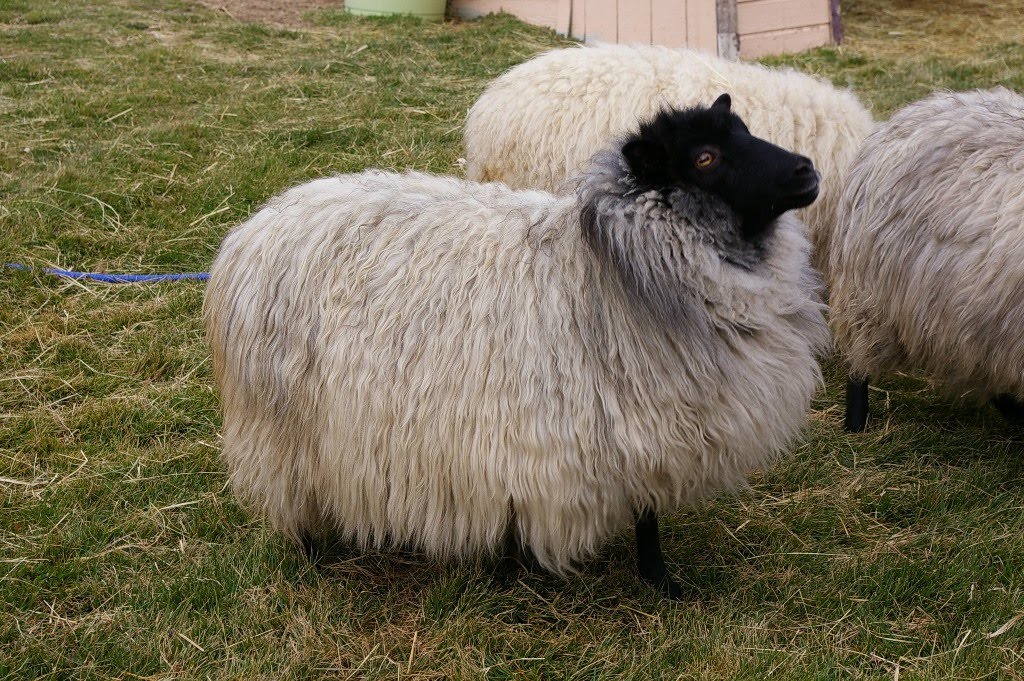
Origin and History
Shetland sheep are one of Britain’s oldest native breeds, originating from Scotland’s rugged Shetland Islands. These hardy sheep have been treasured for centuries for their fine wool, often spun into luxurious textiles.
Physical Traits
Shetlands are small, endearing sheep known for a wide range of fleece colors, from pure white to moorit (reddish-brown). Their petite size and wool quality make them favorite choices for small farms and sustainable wool production.
Temperament and Wool
These sheep are lively and loveable, with a natural curiosity about humans. Their wool is prized in the crafting world for being soft and lightweight while retaining incredible warmth.
Bonus: Shetlands require less supplementary feeding than many breeds, making them economical and eco-friendly.
Breed Comparison Table
| Breed | Size | Fleece Type | Notable Features | Personality | Best For |
|---|---|---|---|---|---|
| Valais Blacknose | Medium | Curly and Thick | Black face and knees | Friendly | Show animals and hobbyists |
| Southdown Babydoll | Small | Dense and Springy | Always “smiling” | Gentle | Kids and small farms |
| Jacob Sheep | Medium | Spotted and Coarse | Multi-horned | Intelligent | Heritage preservation, wool |
| Zwartbles | Medium-Large | Soft, Dense | Black coat, white blaze | Calm and sociable | Fiber production and grazing |
| Shetland Sheep | Small | Lightweight and soft | Color variety | Curious | Fine wool production |
People Also Ask
What is the cutest sheep breed?
While this is subjective, many consider the Valais Blacknose the cutest thanks to its teddy-bear-like appearance and friendly demeanor.
Are Babydoll sheep good pets?
Yes! They’re gentle, easy to handle, and require minimal space, making them perfect for small-scale farms or pet owners.
Which sheep produce the best wool?
Shetland sheep and Zwartbles sheep are famous for high-quality, soft wool favored by knitters and crafters.
How much space do sheep need?
The general rule is about half an acre per sheep, but this can vary based on climate, diet, and breed size.
Where can I buy Valais Blacknose sheep?
Valais Blacknose sheep are becoming more popular outside their native Switzerland and can often be purchased from specialty breeders worldwide.
Why You Should Consider Adding These Adorable Sheep to Your Flock
Whether you’re after fluffy companions, premium-quality wool, or simply farmyard eye candy, these five cute sheep breeds offer something special. From the friendly Valais Blacknose to the compact Southdown Babydoll, you can’t go wrong with adding personality and charm to your pasture.
Thinking of starting your own flock? Begin by visiting local farms and reaching out to experienced breeders who specialize in these adorable breeds. Happy sheep-keeping!
